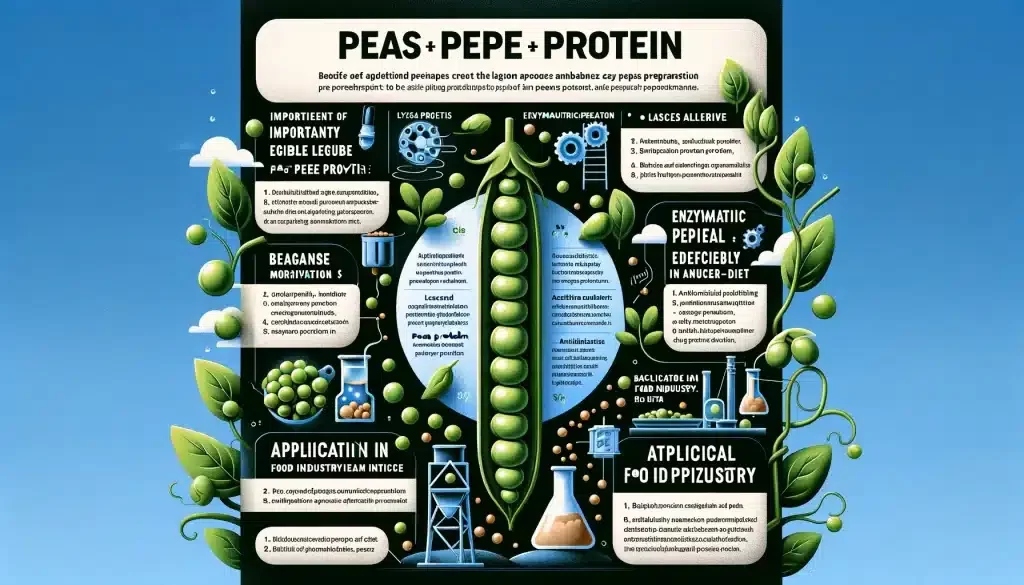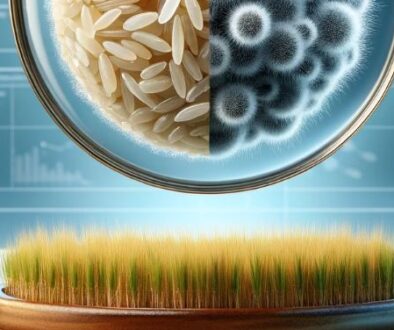Research progress on the functional activity of pea skin
Explore the benefits of pea protein and pea skin in food: non-allergenic, rich in lysine, and enhanced by enzymatic modification for better processing and health properties, including antioxidant and anticancer benefits.
Keywords:
pea protein; pea peptide; functional activity
Abstract
Pea (Pisum sativum L.) is one of the important edible legume crops in my country. It is a non-supportive, easily available and cheap protein source. and
Compared with soy protein commonly used on the market, pea protein is less allergenic and has higher lysine content. It can be used to balance the lysine deficiency of cereals in the basic diet.
foot. However, the functional properties of pea protein are easily affected during processing, and studies have proven that the properties of modified pea protein will be more stable.
For certain, the processing performance will be better, so modification technology is often used to expand its application in the food industry. Enzymatic modification is a green modification technology that reverses
The reaction conditions are mild, the specificity is strong, the degree of reaction is easy to control, and there are few side reactions. Therefore, the enzymatic preparation of pea skin has become the focus of current research. This article is based on this
This article summarizes the current research status of pea protein and pea skin, and reviews the biological properties of pea skin such as antioxidant, ACE inhibitory, antibacterial, anti-inflammatory, and anticancer properties.
The application of pea skin in the food industry and other fields provides a reference basis.
For more further detailed information of this research, feel free to contact our team for asssistance.
Original research by Chen Yan, Zhang Lifen and Chen Fusheng* (College of Cereals, Oils and Food, Henan University of Technology, Zhengzhou 4 5 0 0 0 1)












